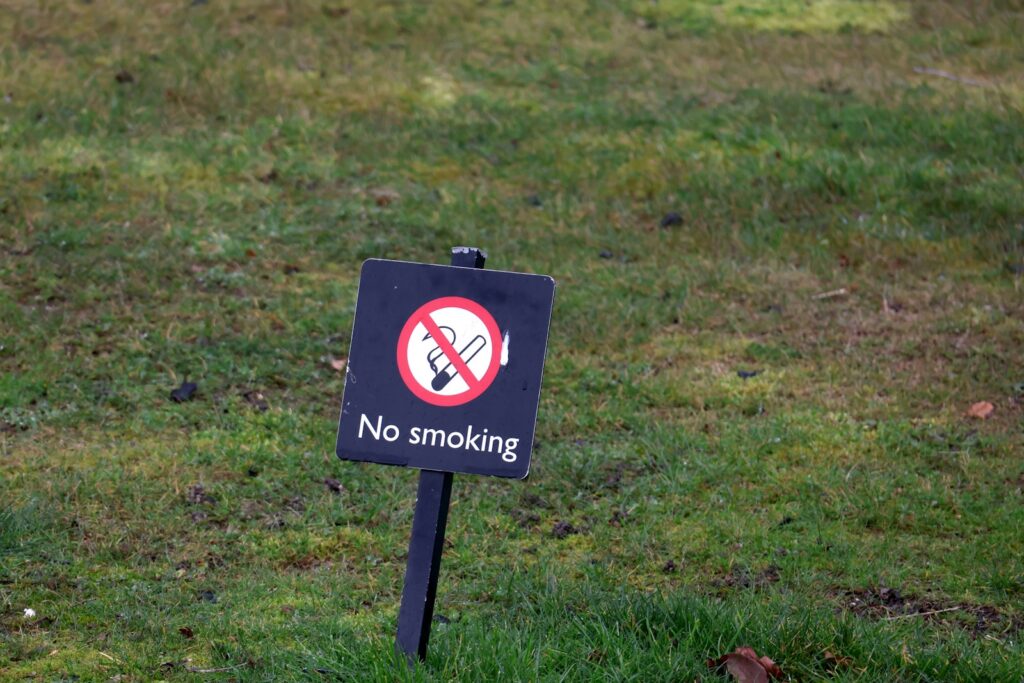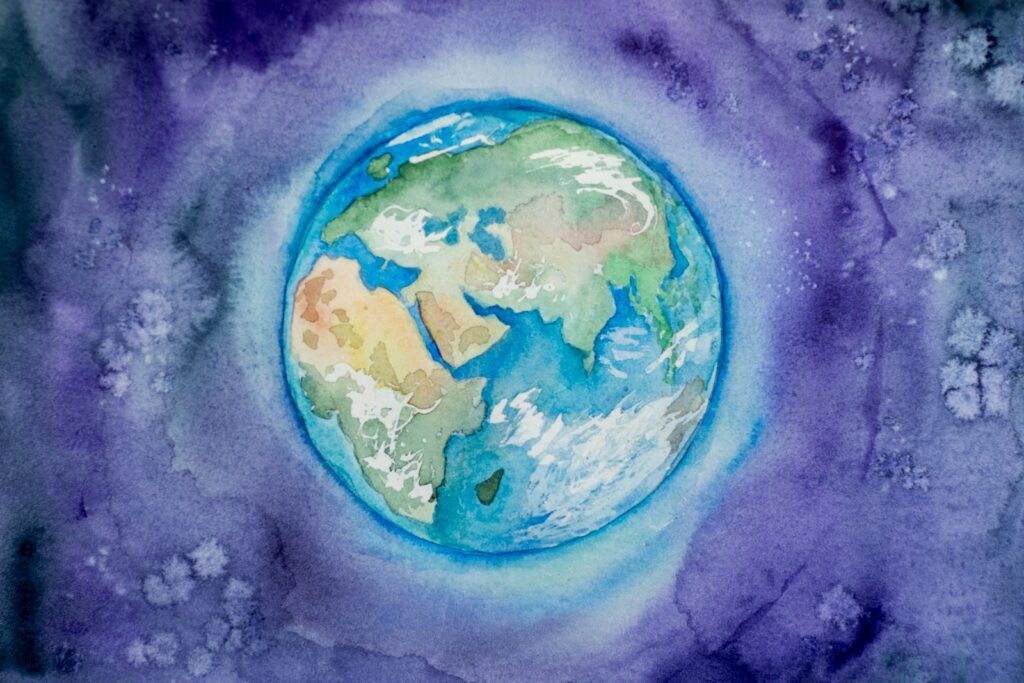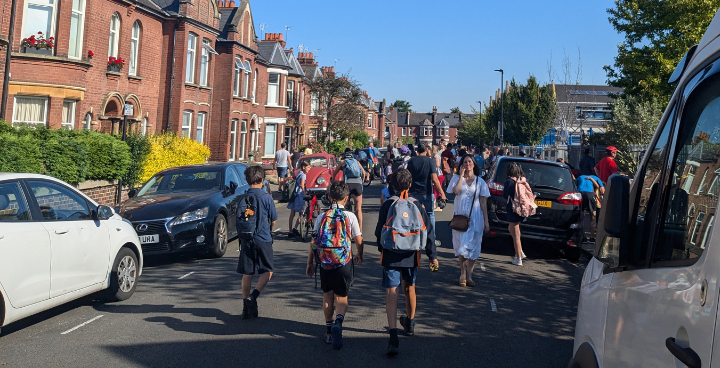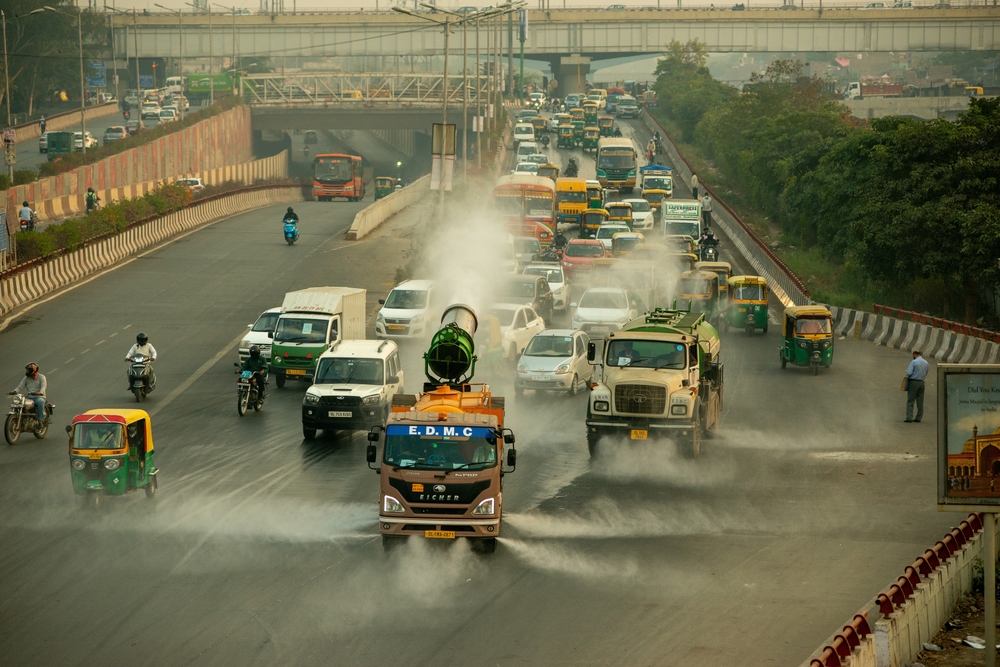Campaign group Possible invited people to spend June trying alternatives to the car for getting around. Could they swap their daily commute or school run from the car to the bus, or a bike?
This represented a national roll-out of a small scale scheme which was trialled in Oxford earlier in the year, attracting 958 drivers who agreed to try and use their cars as little as possible for 30 days.
Possible explain the thinking behind the scheme: ‘Often people jump in their car like it’s a reflex. Our challenge is to break the habit of driving and show people how much of their travel can be done with low car alternatives. Then after the month is over, people can make changes to their lives which are most suitable for them.
‘This challenge isn’t looking for people to do the impossible, but swapping out as many car journeys that is realistic for you. By participating in this challenge, you might be surprised how possible it is for you to cut your car use.’
When June was over, Possible spoke to the participants to see how they fund the experience and received very positive feedback.
- 70% of participants say they are going to use their car a lot less or a bit less – only 15% intend to go back to their previous level of car use
- 78% said they really or mostly enjoyed the challenge – only 5% did not enjoy it
- 50% found the challenge really or mostly easy – only 12% found it hard
Health benefits aside, Possible also calculated that in the month prior to the challenge, the participants would have emitted 529 kgCO2e, with this falling to 144 kgCO2e in June.
Announcing these results, Possible said: ‘If the Going Car Free Challenge shows us anything, it’s that shaking up routines for just a short time has the power to create long term change. This challenge gets you in the door, but with just a few trips, we teach ourselves that journeys could be different. And once our minds and bodies feel the benefits, we’re more ready to keep it up and cement new routines.
‘These drivers enjoyed their car-free journeys, and in the post-challenge survey, the majority of them told us they’ll reduce their car use for good!’
As part of the challenge, participants could earn rewards by inspiring their friends and local politicians to take action too.
Possible haven’t confirmed whether the Car Free Challenge will become an annual event but do go as far as to say ‘we hope so!’


















Leave a Reply